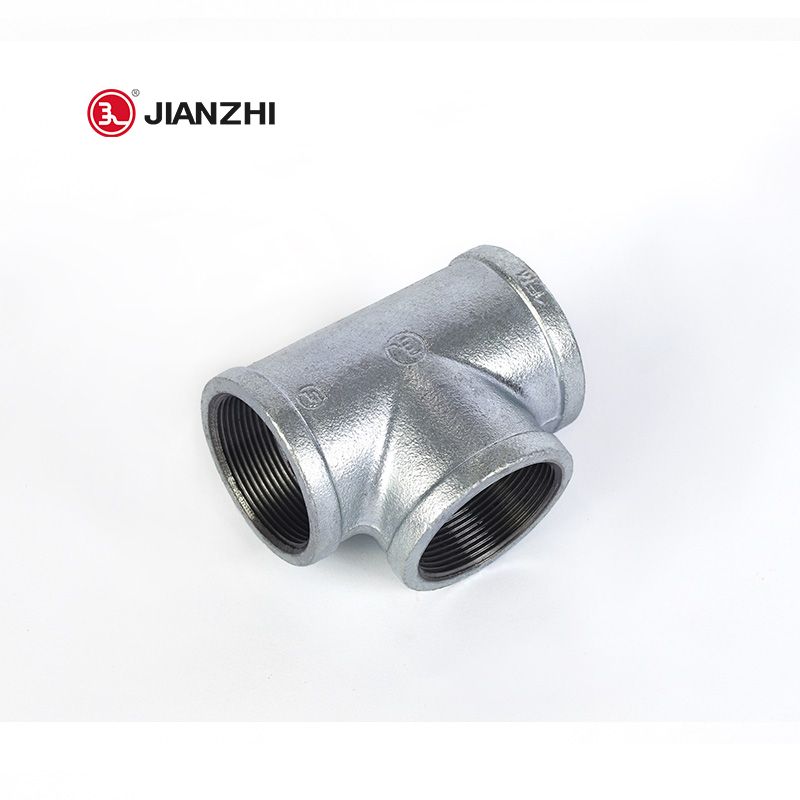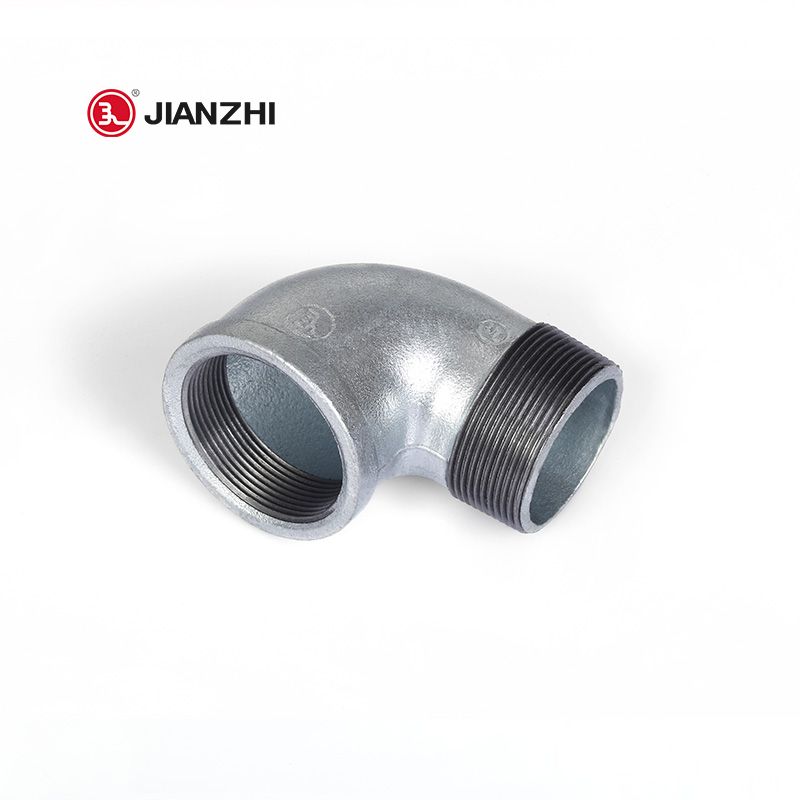
Lead pipe and lead solder used on copper pipe has been banned since 1986, so any new plumbing project should not lead to further problems with lead poisoning, although certain types of plastics may absorb chemical contaminants from water systems. According to Chemical & Engineering News, all types of plumbing materials can impart tastes and odors to drinking water, which can often be mitigated by flushing the system.
Benefits of plastic pipes
Plastic pipes can be made of PVC (polyvinyl chloride), CPVC (chlorinated polyvinyl chloride) or PEX (cross-linked polyethylene). In general, plastic pipe will not rust or corrode, is lightweight, easy to cut and easy to join - no welding is required.
PVC pipe is a good, low-cost option for many plumbing projects. It is easy to install and has many different connection methods, such as clamps, mechanical couplings or solvent welding. pvc outdoor lines can be buried underground, but may require extra care to prevent collapse. The main disadvantage of using PVC piping is that it cannot withstand high temperatures. This means you cannot use it for hot water lines and it is not suitable for potable water because the plastic may thermally degrade.
CPVC pipe has all the advantages of PVC pipe, plus the added chlorine gives it greater heat resistance. It is also suitable for potable water, is flexible, fire resistant and has good insulation to prevent energy loss from hot or cold water.
PEX tubing is heat resistant and is commonly used in radiant hot water heating systems and potable water piping, but it cannot be connected directly to a water heater and requires a small section of copper tubing to be inserted in between. It is very flexible, so it can be easily installed through walls and corners. pex can last for decades and withstands freezing temperatures well, preventing cracks caused by freezing and thawing water in the pipes.

Benefits of metal pipes
Historically, most pipes were made of brass, copper, cast iron or some other metal. Brass and copper have an inherent resistance to corrosion, which makes them excellent choices, but even these pipes can have problems when they begin to deteriorate after a few decades, often due to the lead in the solder used to join them.
As one of the most widely used materials on the planet, steel offers outstanding strength, toughness and durability. It is a versatile, cost-effective solution for water/sewer lines and piping systems.
Galvanized steel pipe vs. black steel pipe
Galvanized steel pipe has a protective zinc coating that helps prevent corrosion, rust and mineral deposits, thereby extending the life of the pipe. Galvanized steel pipe is most commonly used for plumbing and other water supply applications. In addition, galvanized pipe is a lower-cost alternative to steel that can achieve up to 30 years of rust protection while maintaining considerable strength through a durable surface coating.
Black steel pipe contains a dark iron oxide coating over its entire surface and is used in applications that do not require galvanized protection. Black steel pipe is used primarily for transporting water and gas in rural and urban areas and for transporting high-pressure steam and air. Because of its high heat resistance, it is commonly used in fire sprinkler systems. Black steel pipe is also popular in other water transmission applications, including potable water in wells and in natural gas pipelines.
Pipelines
304 stainless steel pipe
304 stainless steel pipe can also be used to transport liquids. Stainless steel offers high corrosion resistance, excellent durability, high strength-to-weight ratio, good thermal and electrical conductivity, ease of fabrication, ease of cleaning, and is non-magnetic and can be hardened by cold working.
Brass Tubing/Pipe
Although brass piping is an older material, it is still used today for water and drainage piping as well as gas piping. Brass is an alloy made of copper and zinc that is highly resistant to corrosion and should be safe to drink as long as you choose a lead-free brass alloy. Because it is a fairly soft metal, brass tubing/piping can be installed tightly to prevent leaks.
Who is JIANZHI?
Established in 1982, Jianzhi is a leading manufacturer and supplier of cast iron pipe fittings. Up to now, Jianzhi has about 4,500 employees, more than 350 technical engineers and distributors in more than 100 countries around the world.
Previous: None.
Copyright:@2020-2021
Comments Please sign in or sign up to post.
0
0 of 500 characters used